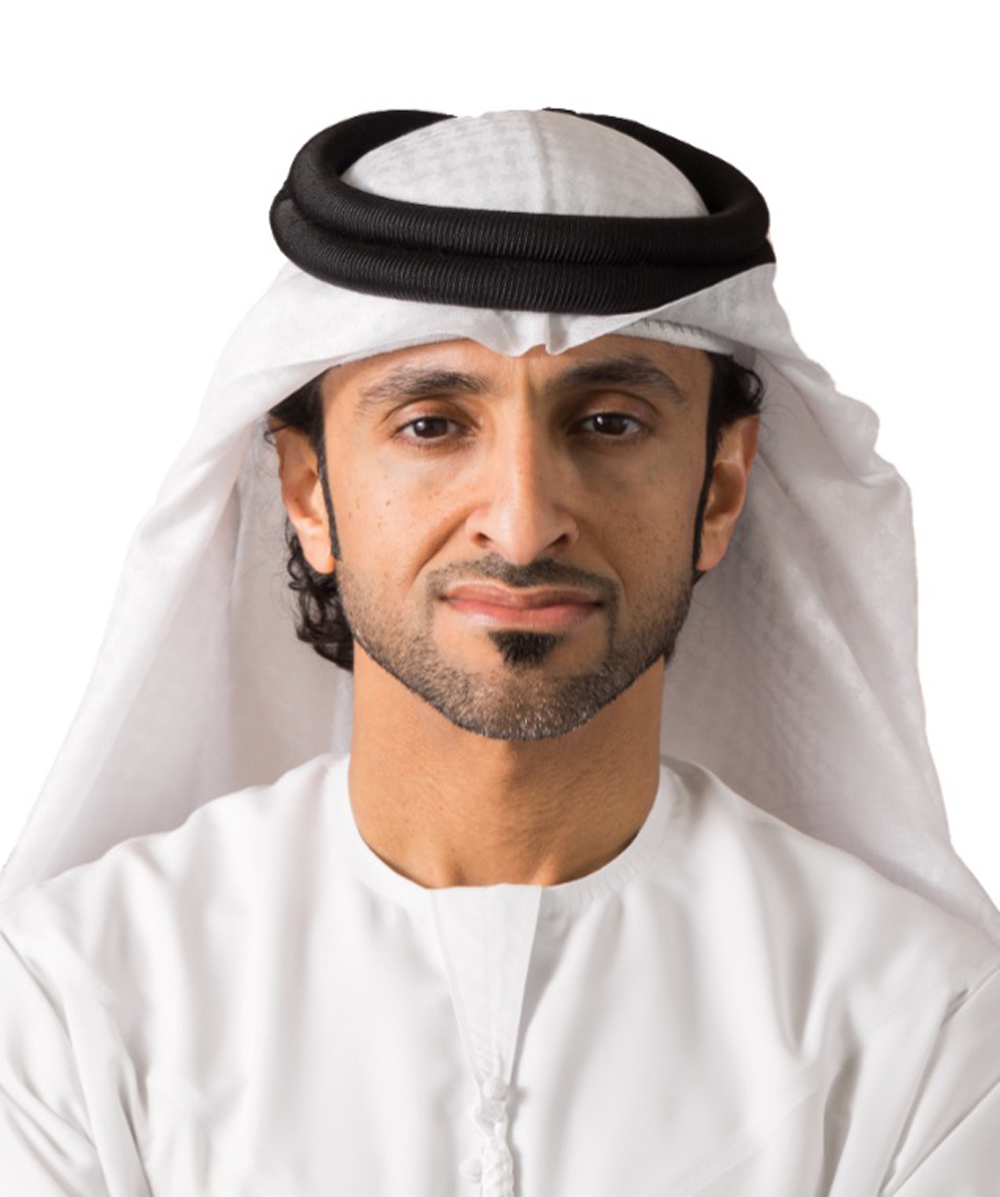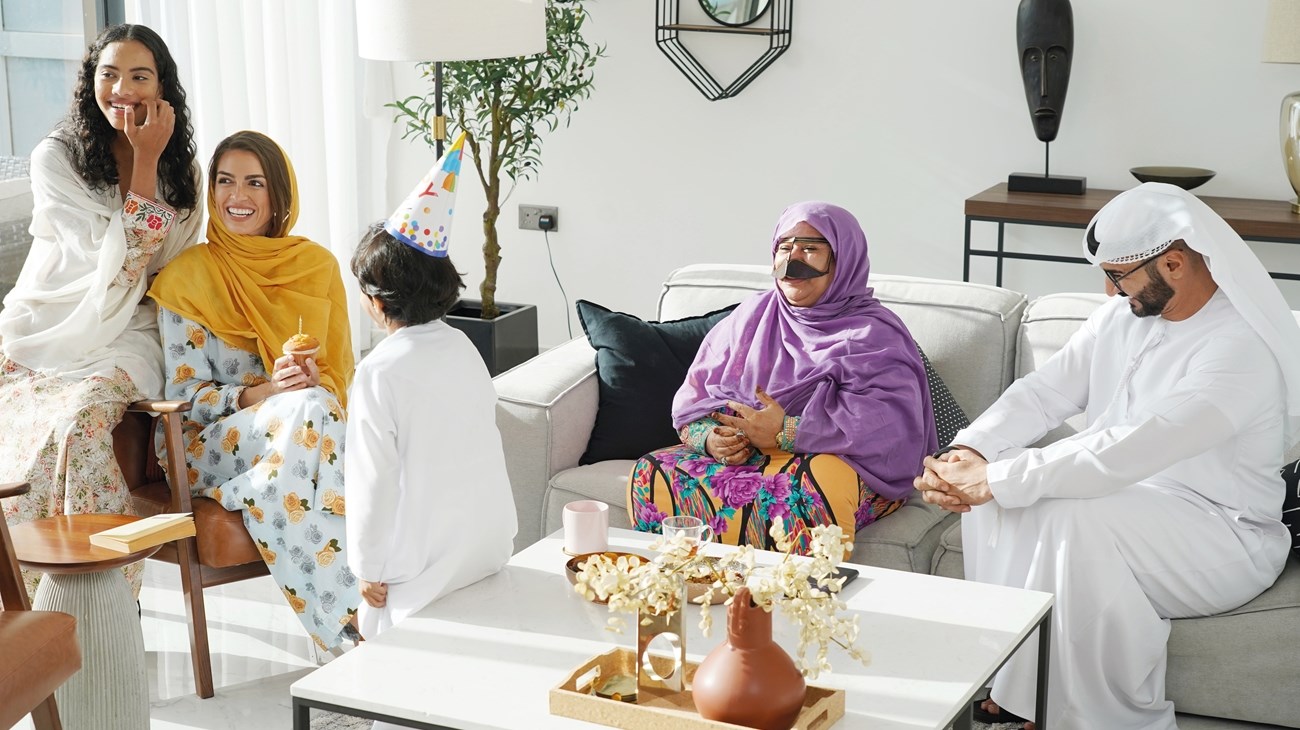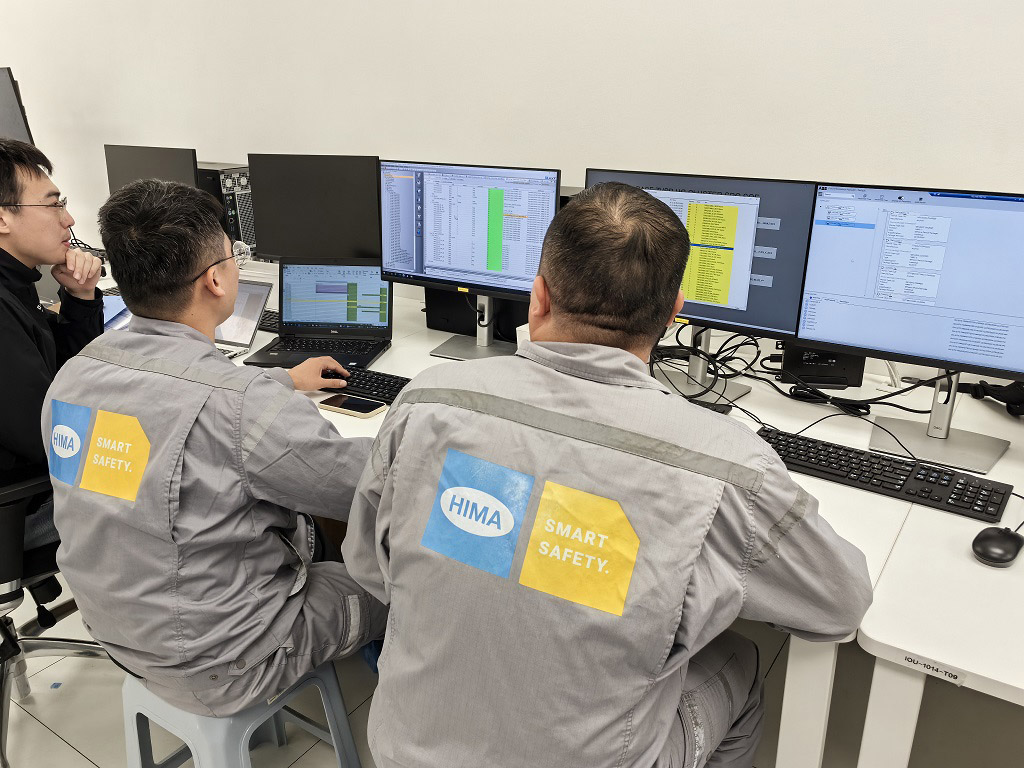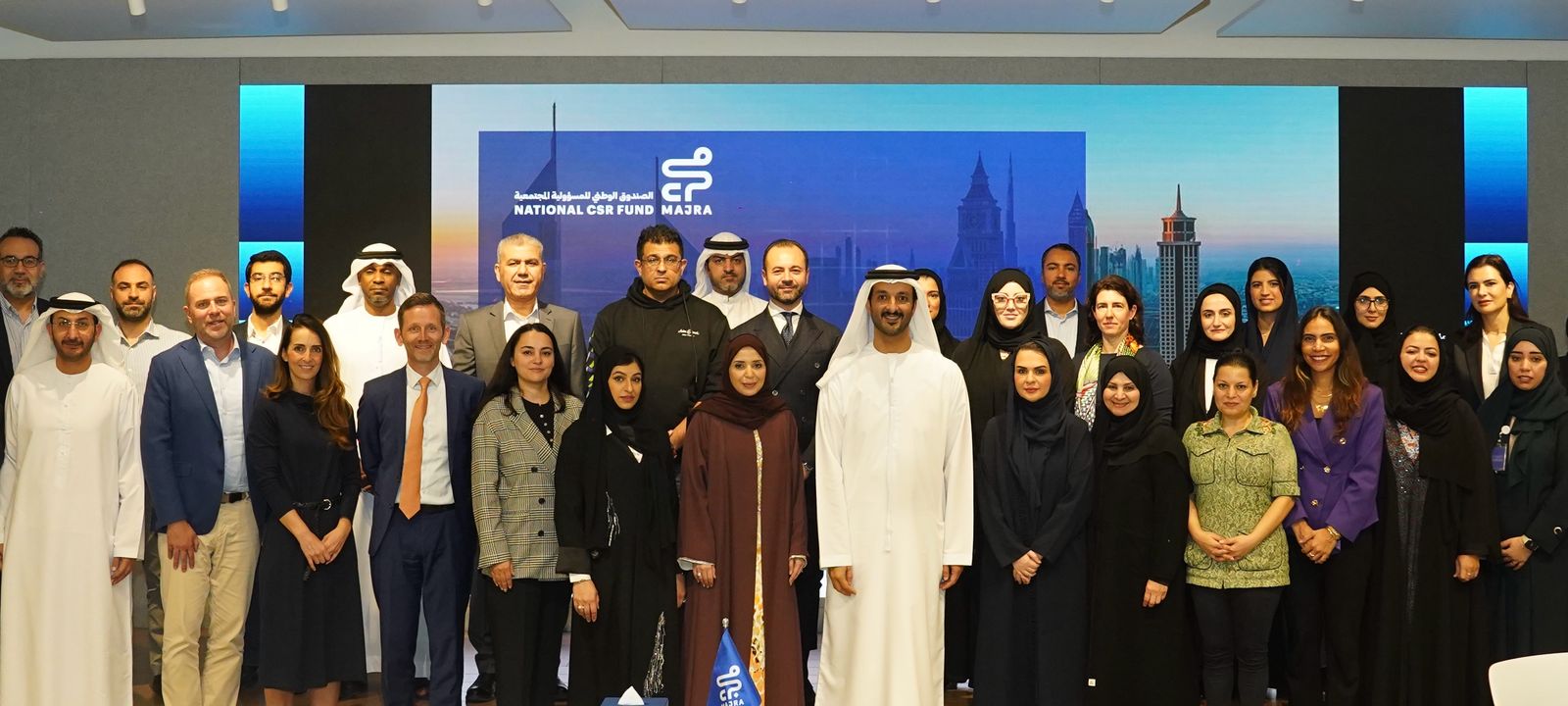‘KnowTalks’ Series highlights the lasting impact of Arab scholars on World Civilisation
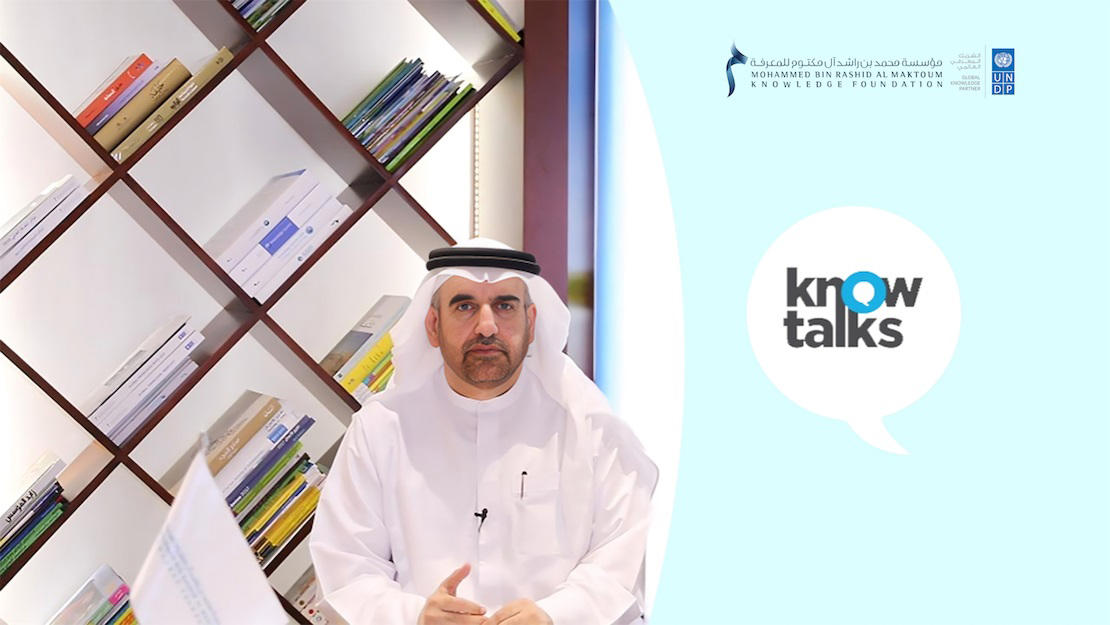
Dubai, UAE, 04 April 2025- The Mohammed bin Rashid Al Maktoum Knowledge Foundation (MBRF), in collaboration with the United Nations Development Programme (UNDP), continued its ‘KnowTalks’ series. A new session titled ‘Arab Scholars: A Lasting Legacy in World Civilisation’ was presented by His Excellency Jamal bin Huwaireb, CEO of MBRF.
The session focused on the crucial role of Arab and Muslim scholars in creating a prosperous human civilization that developed a wide array of scientific and knowledge-based disciplines, including engineering, astronomy, mathematics, medicine, and philosophy, among others. This foundation served as a basis for contemporary advancements. Furthermore, the discussions highlighted contributions that had a lasting impact on global civilization and emphasized the importance of drawing inspiration from these achievements to build a sustainable Arab knowledge base in the future.
His Excellency Jamal bin Huwaireb stated: “Arab scholars do not merely provide knowledge; they are also innovators and founders of creative and scientific approaches that have significantly influenced the course of human civilization.”
H.E. further said: “Numerous terms in European languages stem from Arabic roots, reflecting its influence in this civilization. We must leverage our rich heritage to promote the value of scientific research and innovation in future generations, ensuring they remain connected to the country’s esteemed scientific history and motivating them to contribute to progress and creativity.”
H.E. also commended the ‘KnowTalks’ initiative for its ongoing efforts as a strategic platform that brings together industry pioneers and thinkers to explore avenues for promoting sustainable development and to discuss important knowledge-related topics.
The session showcased the accomplishments of pioneers who reshaped human knowledge and underscored the scientific legacy and expertise contributed by Arab and Muslim intellectuals across various fields. Among them were Ibn Sina (Avicenna), who pioneered modern medicine; Al-Khawarizmi, the inventor of algebra and algorithms; Ibn Al-Haytham, who revolutionized scientific experiments and optics; and Al-Zahrawi, one of the first to establish modern surgery.
The session also covered the political and civilizational aspects that fostered the development of intellectual minds, including the translation movement at Baghdad’s House of Wisdom and the role of Islamic civilization in preserving and advancing Greek and Roman heritage. The discussion further explored the European Renaissance, which was facilitated by the contributions brought to Europe through Latin translations, particularly in Andalusia and Sicily.
Additionally, H.E. highlighted the significance of investing in scientific and technical research, along with creating an educational ecosystem that promotes creativity and critical thinking. He further emphasized the importance of empowering Arab youth and fostering an environment that nurtures innovation and entrepreneurship, thereby enhancing the position of the Arab world in the global knowledge landscape. H.E. underscored that drawing inspiration from past successes can motivate a thriving knowledge-based future, where Arab people can contribute to the advancement of human civilization.
Through this session, MBRF and UNDP aim to foster a constructive dialogue on knowledge by organizing a series of discussions with thought leaders and experts to tackle key developmental and knowledge-related issues, while also providing solutions to mitigate these challenges.
-Ends-



